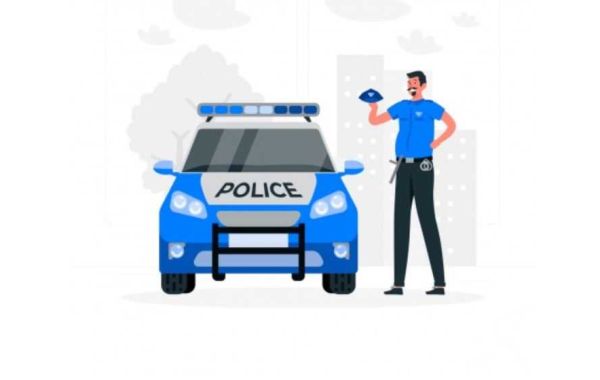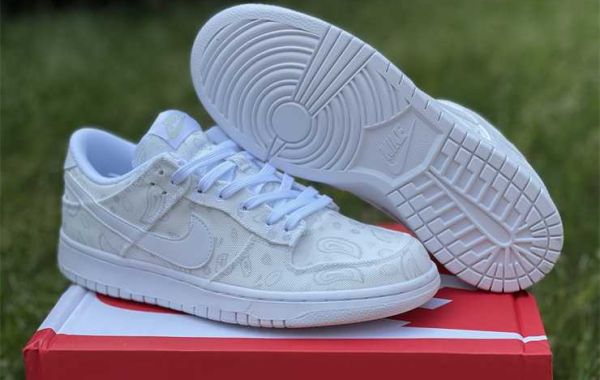Characteristics like bravery and heroism are often associated with police and law enforcement officers. They are the frontline protectors of our communities, ensuring our safety and security. However, being a good police officer entails more than just courage and physical strength. It requires a combination of interpersonal skills, technical expertise, and a strong sense of duty towards the community. Let's delve into the essential skills that make a good law enforcement officer.
Active Listening
A good police officer must be adept at active listening. Understanding verbal and nonverbal cues allows them to engage effectively with the community and their peers. It also aids in conveying crucial information to investigative teams and emergency responders.
Persuasiveness
Effective verbal communication and persuasiveness are key skills that enable officers to handle challenging situations and encourage compliance with the law among community members.
Attention to Detail
Identifying subtle clues, behavioral changes, and potential evidence is crucial in preventing and solving crimes. Attention to detail is a skill that aids officers in maintaining a vigilant eye during their duties.
Stamina
The job of a police officer often demands physical endurance, whether it's chasing suspects, working overtime during emergencies, or patrolling on foot or by vehicle. Exceptional physical stamina is essential for meeting the demands of the job.
Community Awareness
Understanding the dynamics and issues within the community is vital for effective policing. This awareness allows officers to interact appropriately with community members, support local initiatives, and tackle prevalent crime effectively.
Critical Thinking
Quick and rational decision-making is imperative for police officers, especially when dealing with complex and sensitive situations that affect the lives of others.
Communication Skills
Adapting communication strategies to connect with diverse personalities in the community is crucial for effective law enforcement. Clear communication helps in enforcing laws and building trust within the community.
Morality
Upholding ethical practices and making sound judgments is fundamental for a police officer. A strong moral compass ensures that officers maintain integrity and fairness in their duties.
First Aid
Having basic knowledge of first aid and CPR enables officers to provide initial medical assistance during emergencies, ensuring the safety of individuals until medical professionals arrive.
Courage
Facing dangerous and challenging tasks is part of a police officer's routine. Courage is essential for confronting suspects and protecting the community from harm.
Empathy
The ability to understand and provide emotional support is crucial for handling diverse situations, from aiding victims to dealing with individuals with mental health challenges.
Continuous Learning
Reading leadership books, like "From the Ground Up" by James Buie, can provide valuable insights into the challenges faced by law enforcement officers. Continuous learning is essential for improving skills and understanding the evolving dynamics of the law enforcement community.
A good police officer embodies a blend of these skills, continuously striving to serve and protect the community with integrity and dedication.
Get your copy today.








